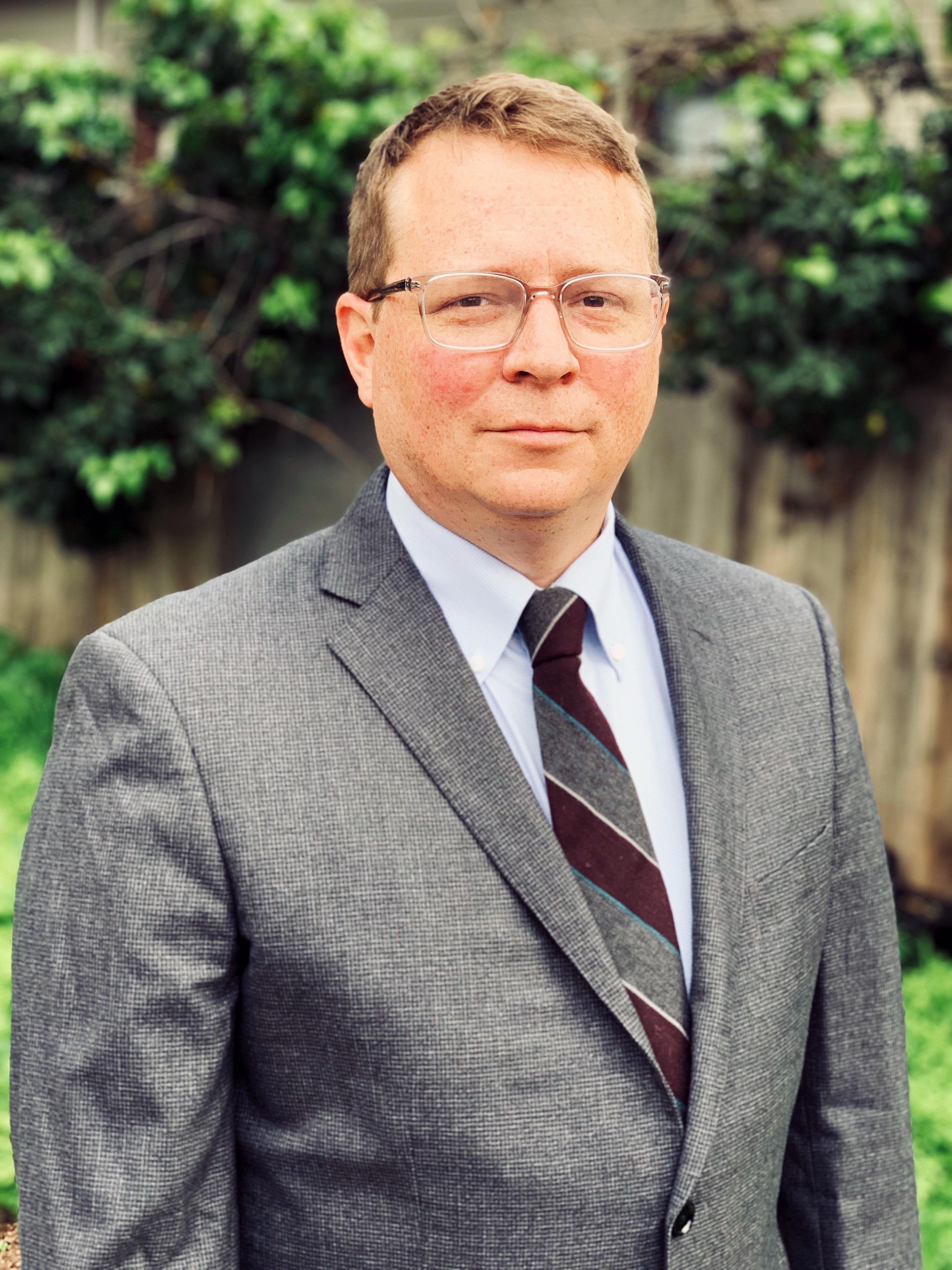
On one hand, to have the planned launch of the Center on Addiction Law & Policy at Chase College of Law occur during an overshadowing coronavirus pandemic might seem like unfortunate timing; on the other, it might be just the right time.
Even as the nation struggles most visibly with the death toll of Covid-19, it continues to face an opioid-driven epidemic of substance-abuse deaths. More than 40 states reported increases in opioid-related deaths during the first months of the pandemic. While available reporting periods are dissimilar, Kentucky in the three-month summer quarter of 2019 recorded 1,329 drug overdose deaths and in the first six months of its Covid-19 pandemic had 895 deaths.
While timing can sometimes be everything, in the case of the Center on Addiction Law & Policy and a global pandemic it is only coincidental, yet still connected for the implementation of the center. The idea originated months before the pandemic and took shape with appointment of Professor Alex Kreit, a widely recognized expert in the area of addiction law, as director and an assistant professor, teaching health care and criminal law.
What the center does The focus is on developing new approaches to ways in which law and public policy can help reduce the toll of addiction. It is a venue for critical thinking and exchanges of ideas, through academic research, lectures and forums that policy-makers and addiction specialists can adopt or adapt in their communities.
Why it is needed “Recent studies reveal that the Northern Kentucky/Southwest Ohio region stubbornly remains in the grip of an addiction epidemic, leading the nation in the use of fentanyl, methamphetamine and cocaine,” says Dean Judith Daar, Ambassador Patricia L. Herbold Dean of Chase College of Law.
“Combined with our dubious distinction as the epicenter of the opioid crisis, these findings are a call to action for those with the knowledge and passion to address this spiraling public health crisis. The center emerges as new treatments are being developed and new approaches to law enforcement are being considered. This is the right time to apply our expertise and leadership to a vexing social, health and justice problem that impacts so many within our greater community.”
How it is being started during a pandemic “As with everything these days, the coronavirus has thrown a bit of a wrench into plans,” Professor Kreit says. “I finalized the formal proposal for the center a few weeks before everything shut down [in March 2020], and the faculty voted to approve it not long after that.”
Even though in-person programs are delayed, organization and planning are going on. “I am very excited about opportunities for the center once life is closer to normal. I’ve had positive conversations with a few foundations about funding, and the opioid epidemic has spurred a lot of interest from funders, for good reason,” Professor Kreit says.
What is in the near-term The big item on the center’s agenda was an online symposium on drug decriminalization, in cooperation with the Northern Kentucky Law Review, March 26. “Other programming plans include an ongoing lecture series on addiction law and policy, a white paper series with recommendations for policymakers on addiction and the law and continuing legal education for alumni on topics like representing clients with a substance use disorder,” Professor Kreit says.
The long view “My hope is for the center to become a leading platform for academic work on addiction law and policy, with the ability to help translate that work for policymakers. The political discussion about drug policy has changed dramatically in recent years. We’re seeing policy innovations that were politically untenable five or 10 years ago, like safe injection sites or drug decriminalization, generating a lot of interest among policymakers. My hope is for the center to help further academic thinking about these innovations, and to do so in a way that helps connect academics with policymakers.”
The impact for Chase and the metro area “As a public institution, serving the community is an important part of the school’s mission, and the center’s mission along with it. There is a great opportunity for the center to help link experts on these topics with the local community,” Professor Kreit says.